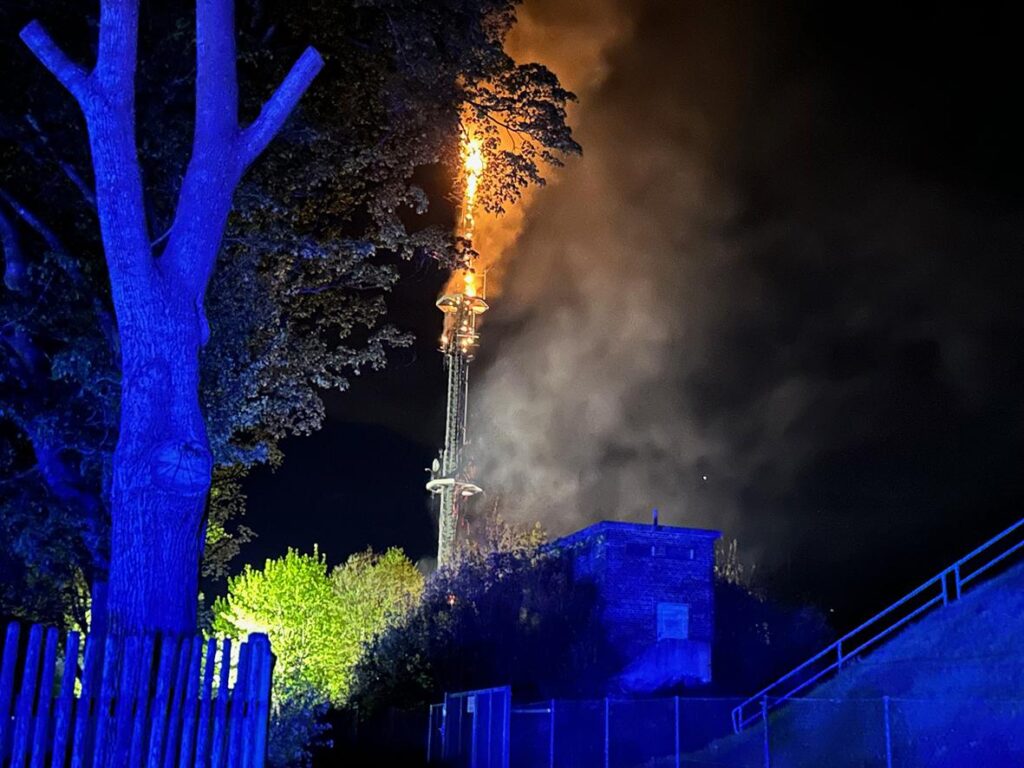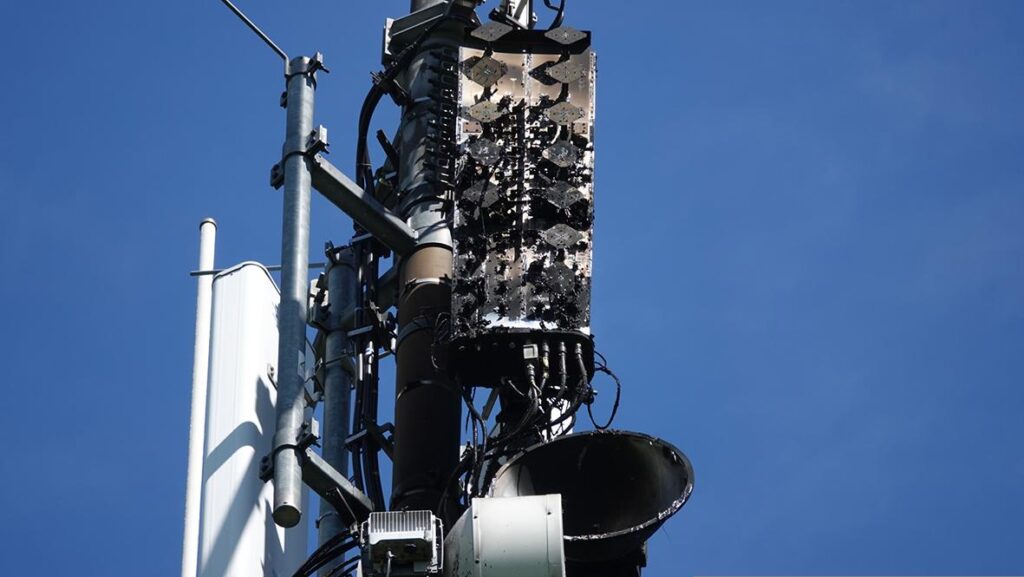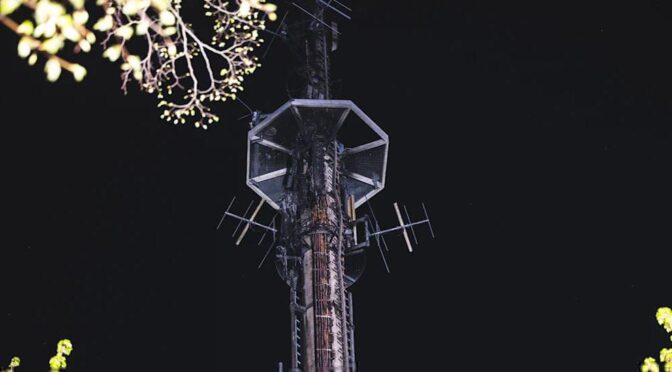“It’s better to make a disorder…”.
The small town of Pößneck, some thirty kilometers south of the city of Jena (in the Thuringia region), is not known for its mischief, to say the least.
Unlike its little sister, Jena’s walls have, over the centuries, endured the fury of peasant rebels who, between 1524 and 1526, destroyed and pillaged hundreds of castles and religious buildings in the Holy Roman Empire. This insurrection, dubbed the “Uprising of the Common Man” (Erhebung des gemeinen Mannes) or more simply the “Peasants’ War” following Engels’ study, even aroused the ire of the Pope of Protestantism, Martin Luther, who advised the nobility to slaughter the 300,000 insurgent beggars to the last man. In his pamphlet entitled Contre les hordes de paysans voleurs et assassins (May 1525) (Against the hordes of thieving, murderous peasants), Luther wrote: “Let all who can, strike, kill and stab, secretly or openly, remembering that there is nothing more poisonous, harmful or diabolical than a rebel. It’s like when you have to kill a rabid dog: if you don’t hit it, it will hit you, and a whole country with you.”
But today, the good city of Jena is best known in the textbooks of domination as having been one of the cradles of German Romanticism, whose university saw Goethe and prestigious teachers such as Fichte, Schiller and Hegel pass through, not to mention a famous student, Karl Marx, who completed his doctorate in philosophy there in 1841. A little later, it was also here that Ernst Haeckel, patent eugenicist and inventor of the term “ecology” in 1866 (the anarchist Elisée Reclus preferred the term “mesology”), made his career. However, it would be a pity to remain in the academic sky of bourgeois ideas in 19th-century Jena, without mentioning another, lesser-known revolt that brought the city down to earth.
In June 1953, after the first strikes against increased work rates, when the insurrection broke out in East Berlin against red fascism before being crushed by the tanks of the Army of the same color, it’s easy to forget that a large part of the former East Germany rose up. In Jena itself, for example, a crowd of 30,000 people attacked and ransacked the headquarters of the Communist Party (SED) and several official buildings, as well as looting the headquarters of the political police (the Stasi) and storming the Steiger prison, forcibly releasing some sixty inmates. Needless to say, the welders and other coal-mining delegates who had tried to mediate with the Party pundits to present them with a few reasonable demands, ended up either in front of a firing squad or in prison for a very long time. But wasn’t it the poet who had helped illuminate Jena, author of Faust and statesman decorated with the Legion of Honor by Napoleon himself, Johann Wolfang Von Goethe, who had professed this pinnacle of authoritarian cynicism destined to pass into posterity: “I’d rather commit injustice than tolerate [public] disorder”?

At this point, even the most sympathetic reader might wonder what this city, steeped in history, has to do with its rural suburb of Pößneck, once a center of textile production, and long since forgotten, except for the walks to the Thuringian Nature Park. Perhaps it’s simply the poet’s advice, as followed to the letter by the police a few weeks ago, following an event that resonated far beyond the region. Let’s be the judge: on Wednesday April 10, a huge 70-metre-high relay antenna went up in smoke at around 11pm. Not only were communications cut off, but the damage caused by the destruction of all its cables and equipment is estimated at no less than 500,000 euros, according to the cops’ official statement. And to make matters worse for the discreet Pößneck, images of the fire were widely circulated, while the police helicopter’s search of neighboring areas for those responsible went nowhere.


Translated by Act for freedom now!

